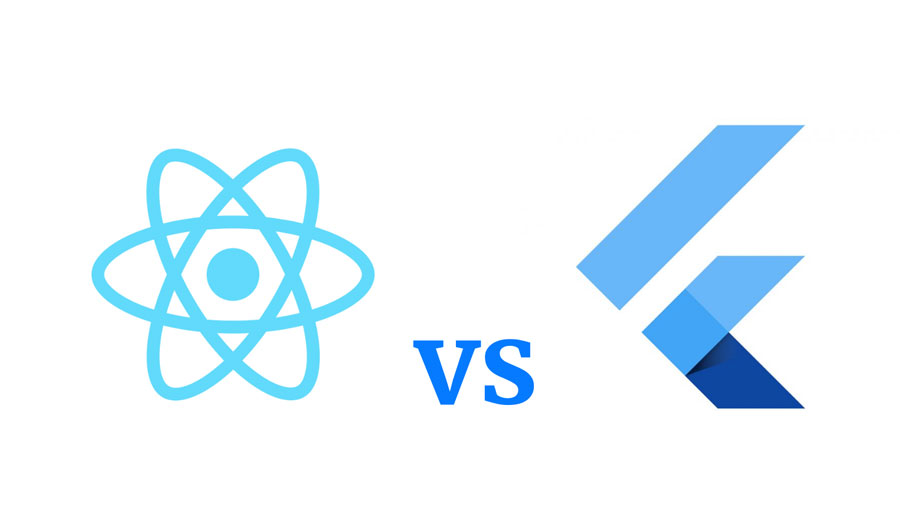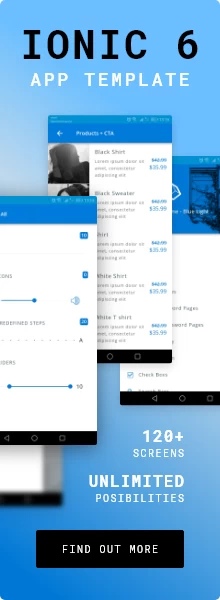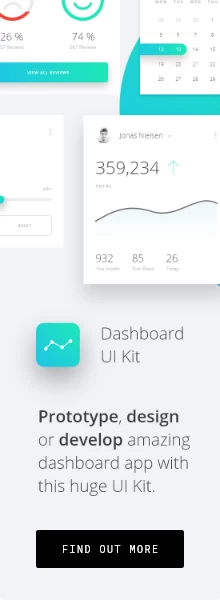Flutter VS React Native in 2021
Fri.26.11.2021 BY
It's a never-ending competition between app development frameworks. The comparison between Flutter and React Native became a big subject among developers in 2019, but let's wait and see what happens in 2021.
This article will teach you all you need to know about the most popular frameworks and will assist you in selecting one for your app development.
What is Flutter web app?
Flutter is a cross-platform technology that is still in its infancy. It's Google's mobile app SDK, which makes it simple for developers to create and launch aesthetically appealing, quick mobile apps for Android and iOS.
Flutter makes use of the Dart programming language, which is a tightly typed blend of JavaScript and Java. Flutter should benefit from this because virtually all web developers are familiar with JavaScript.
About React Native
React Native is a cross-platform framework based on JavaScript technology that was created by Facebook. Developers may use it to create upgraded and native-like apps from a same codebase.
It is feasible to create mobile apps that are indistinguishable from those created using Java or Objective-C using React Native. It employs the same basic user interface building elements as traditional Android and iOS apps, but you put them together with React and JavaScript.
Is React Native a good choice?
React Native is simple to understand and use, making it ideal for beginning JavaScript developers. It also comes with a variety of components, including as filters and maps.
Which programming language uses Flutter and React?
Flutter makes use of the Dart programming language, which was introduced by Google in 2011 and is only utilized by a small number of developers. Dart syntax should be easy to comprehend for JavaScript or Java developers, as it supports the majority of object-oriented ideas.
React Native, on the other hand, leverages JavaScript to create cross-platform programs. Web developers can create mobile apps with only a little training thanks to React Native.
Performance
When it comes to performance, Flutter has a leg up on its competition. Flutter utilizes Dart as well as the JavaScript bridge to connect to native components.
When utilizing React Native to create hybrid apps, you'll run across challenges with the architecture, frameworks, and native components.
Components
Support for the native component is critical when designing cross-platform mobile apps.
Only the UI rendering and device access APIs are provided by the React Native framework. React Native relies on third-party libraries to access the majority of native modules.
Flutter clearly wins when it comes to components, since it comes with UI rendering components, navigation, device API access, testing, stateful management, and a large range of libraries.
Anything in React Native that is a little more complex will almost certainly have to be created by you.
Time to develop
React Native allows you the flexibility to use whatever text editor you choose. Furthermore, React Native has pre-built components that help you finish your project quickly. This framework offers a function called 'Hot Reload,' which allows you to save a lot of time. You may use this functionality to correct errors in real time without having to recompile the app.
In Flutter, the Hot Reload option is also accessible. Flutter includes a number of widgets and APIs that help you complete your development tasks fast.
Community
Flutter's first stable release was in December 2018, hence it might be regarded as a relative newcomer in the app development framework world. Although there is little community support for Flutter, the Flutter Team at Google provides excellent help. If you are interested to learning more about Flutter, take a look at where we write about the places to learn Flutter.
React Native, on the other hand, has a large community behind it. You may receive support by asking questions on QA sites and forums, as this framework has a vast community of developers from all around the world.
Conclusion
Flutter and React Native both have their pros and cons. Consequently, it is not easy to decide which one you should choose. Choose Flutter when you want highly-attractive UI, quicker time-to-market and the competitive advantage of using Dart. If you choose the Flutter side you should read an article where we wrote about some Flutter basics for beginners.
On the other hand, your choice should be React Native if you want to enjoy the support of strong and mature community and popular JavaScript in developing cross-platform apps.




